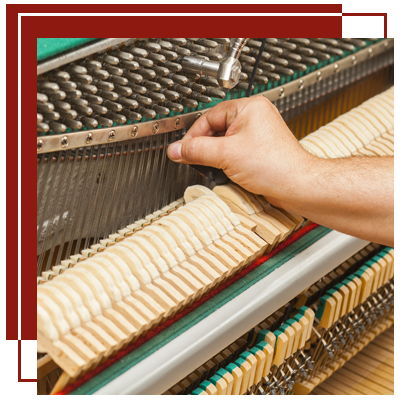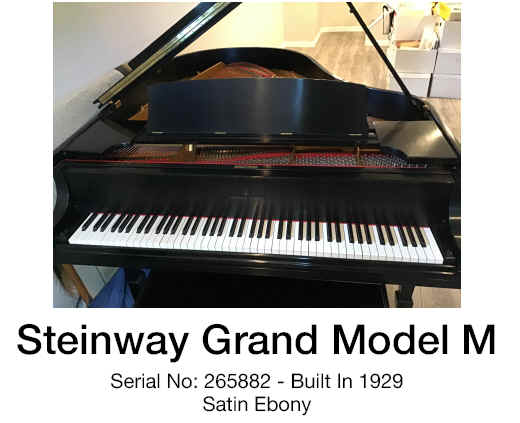
“Your version of it,” she quipped, and he began relating the story of how the two met. To this day, Lee is unsure how his mother knew he would be at that airport. The two were reunited, if only for a few hours. “She looked at my palms and said, ‘Yes, this is my son.’” “She didn’t even look at my face,” he recalled. The woman walked up to him and grabbed his hands. “She looks like my sister,” he said, “but older.” But one of them, a woman, caught his eye. The doors opened to an array of a dozen strangers. He stepped into an elevator - his first - and took it to the first-floor lobby. As he wandered around the airport, he was unexpectedly summoned to the front desk over the loudspeaker. But after two years, he managed to obtain a discharge, and in 1962 he was finally on his way to America.ĭuring the trip, Lee was forced to make a four-hour layover in Japan. He worried that serving would destroy his hands - a scary prospect for a pianist - and the Mannes School was waiting for him. “They draft me, and they tell me, ‘Teach other people to shoot like that,’” he recounted as he closed one eye and pantomimed shooting a rifle. He needed to serve before he could be issued a passport, and in basic training, his instructors discovered that he was a skilled marksman with the American-made M1 rifle issued to South Korean forces at the time. “When I got that letter, my American dream was possible,” he said.īut first he had to join the Korean army. Impressed with the young man’s piano skills, Bernstein suggested that Lee apply for a scholarship at a music conservatory in Manhattan, and soon he was accepted at the Mannes School of Music. “He opened the door,” Lee said, making a key-turning motion. Lee saw his out, however, when, during the war, he met the American concert pianist Seymour Bernstein, who spent a number of years in the country as part of a State Department-sponsored cultural exchange program. “I never felt at home there,” he said of living in Korea. It was evident that he was partly Japanese, and few are reviled in Korea as much as the Japanese, who occupied the peninsula from 1910 to 1945.

“It was like a treasure for the Koreans,” he said.īut because of his parentage, he also faced discrimination. But after the war, the film, titled “The Street of Sun,” Lee became well-known, and the film gained renown as a piece of South Korean culture. “They told him, ‘People are starving and dying in the streets, and you’re filming a movie?’” Lee recalled, adding that they were occasionally met with violence while working on the project. His uncle faced intense backlash at the prospect. Lee’s uncle, a local businessman, came up with an idea to raise morale and help employ recently poverty-stricken war refugees: His family would film a movie, and Lee - a boy at the time - would play the starring role.


“Some had never seen a keyboard before,” he noted.ĭuring the Korean War, he recalled nights where he could hear intense fighting as North Korean troops repeatedly advanced within miles of the city. It was a necessity, he said, because there were few piano tuners in the country at the time. Lee practiced on his father’s piano in the tearoom of his uncle’s house in Taegu, South Korea, and by age 10, had learned to tune the instrument on his own.


 0 kommentar(er)
0 kommentar(er)
